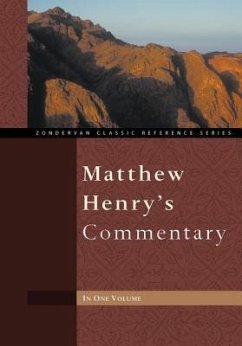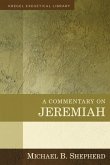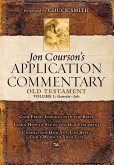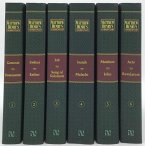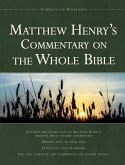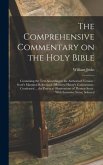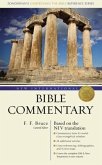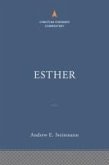The straightforward manner in which Matthew Henry's Commentary brings Scripture to bear on the practical matters of life and of Christian character together with its deeply reverent, devotional style, have made it the most beloved Bible commentary of all time. For nearly 300 years, Christians have consulted the Matthew Henry's Commentary to find rich insights into the very heart of God's Word. Passage by passage, its prayerful, penetrating reflections inspire and challenge the reader. This careful abridgment presents in one volume the wealth of exposition and comment, metaphors, analogies, and illustrations that have set Matthew Henry's Commentary apart as one of the enduring legacies of faith. It is ideal for: * Personal devotions * Group Bible study * Sermon and lesson preparation Forever fresh and never failing to render new pearls of wisdom, Matthew Henry's Commentary is a book you will reach for often to obtain deeper understanding of the Scriptures.
Hinweis: Dieser Artikel kann nur an eine deutsche Lieferadresse ausgeliefert werden.
Hinweis: Dieser Artikel kann nur an eine deutsche Lieferadresse ausgeliefert werden.

